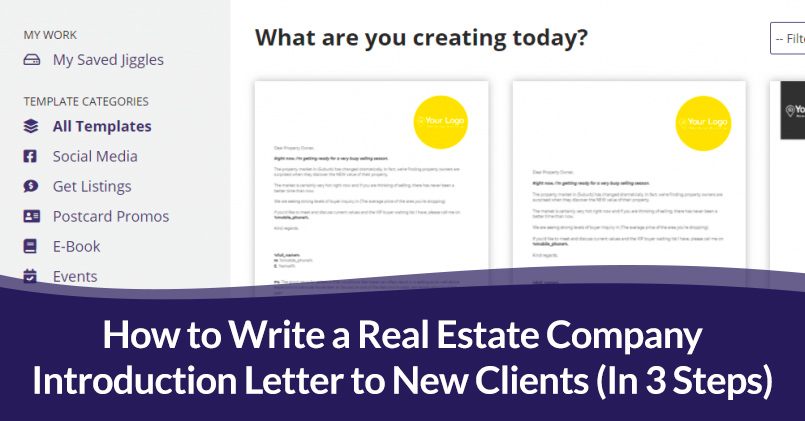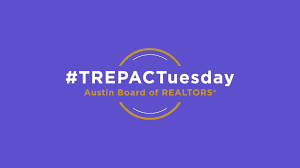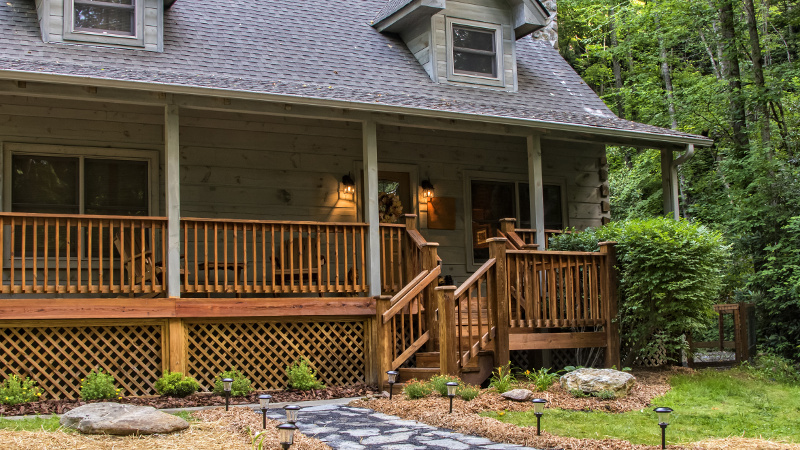
You will need to submit fingerprints for a criminal history check and a national record check in order to obtain a Colorado real property license. This can be done during your application. To receive your fingerprints, there is no need for a special certificate. You can simply bring them to any state-approved IdentoGO fingerprinting location. Tell the location that your goal is to obtain a real-estate license.
Obtaining a real estate license in Colorado
It is easy to get a Colorado real estate license. You just need to follow these steps. First, make sure your fingerprints and errors-and-omissions insurance are current. These policies are available for any type of real-estate liability. Colorado requires you to purchase professional liability insurance. E&O insurance, which is required by Colorado brokers, is a good idea for independent workers.

The application process is simple. You will need to upload certain documentation and create an account at the DORA website. After you have created your account, your application will be submitted and the fee paid. Applying for a Colorado real estate license requires $485. The application fee for a Colorado real estate license is $485. To make sure your application is approved, you must pass a criminal background check.
Exam requirements
Certain conditions must be met before you can sit for the Colorado real estate licensing exam. If you are convicted of a crime, you cannot be licensed to sell Colorado real estate. The Colorado Bureau of Investigation must receive your fingerprints if you are convicted of a felony. Your fingerprints are used for background checks of potential real estate agents, both federally and state-wide. You also need to be covered by errors and omissions insurance.
The state requires that applicants be at least 18 years old and pass a background check before they can take the exam. The license is renewable for two years, but if you want to continue working in the real estate industry, you need to take another exam. If you lack the proper education, continuing education is required by the state. This can make it difficult to keep your license valid for two years. In order to pass the real estate exam in Colorado, you should complete at least 162 hours of coursework.
E&O insurance requirements
Colorado real estate licensees are required to have errors and omissions insurance. The insurance covers brokers against lawsuits, and pays settlement costs and court costs. E&O insurance is not recommended. A lawsuit could be devastating financially and can endanger your career. Your brokerage can help you get E&O coverage to protect your financial future.

Colorado real estate license applicants must submit fingerprints the Colorado Bureau of Investigation. These fingerprints will serve as fingerprint-based criminal background checks. E&O insurance will protect an agent's professional liability in the event of negligence. It is vital that license applicants have E&O insurance before applying to Colorado real estate license.
FAQ
Are flood insurance necessary?
Flood Insurance protects against damage caused by flooding. Flood insurance protects your possessions and your mortgage payments. Learn more about flood coverage here.
What are the benefits of a fixed-rate mortgage?
Fixed-rate mortgages lock you in to the same interest rate for the entire term of your loan. This ensures that you don't have to worry if interest rates rise. Fixed-rate loans come with lower payments as they are locked in for a specified term.
How long does it take to sell my home?
It all depends on several factors such as the condition of your house, the number and availability of comparable homes for sale in your area, the demand for your type of home, local housing market conditions, and so forth. It can take anywhere from 7 to 90 days, depending on the factors.
Can I afford a downpayment to buy a house?
Yes! There are many programs that can help people who don’t have a lot of money to purchase a property. These programs include FHA, VA loans or USDA loans as well conventional mortgages. For more information, visit our website.
Statistics
- Based on your credit scores and other financial details, your lender offers you a 3.5% interest rate on loan. (investopedia.com)
- It's possible to get approved for an FHA loan with a credit score as low as 580 and a down payment of 3.5% or a credit score as low as 500 and a 10% down payment.5 Specialty mortgage loans are loans that don't fit into the conventional or FHA loan categories. (investopedia.com)
- Some experts hypothesize that rates will hit five percent by the second half of 2018, but there has been no official confirmation one way or the other. (fortunebuilders.com)
- This seems to be a more popular trend as the U.S. Census Bureau reports the homeownership rate was around 65% last year. (fortunebuilders.com)
- Private mortgage insurance may be required for conventional loans when the borrower puts less than 20% down.4 FHA loans are mortgage loans issued by private lenders and backed by the federal government. (investopedia.com)
External Links
How To
How to Manage a Property Rental
It can be a great way for you to make extra income, but there are many things to consider before you rent your house. We'll show you what to consider when deciding whether to rent your home and give you tips on managing a rental property.
Here are the basics to help you start thinking about renting out a home.
-
What are the first things I should consider? Take a look at your financial situation before you decide whether you want to rent your house. You may not be financially able to rent out your house to someone else if you have credit card debts or mortgage payments. Also, you should review your budget to see if there is enough money to pay your monthly expenses (rent and utilities, insurance, etc. It might not be worth the effort.
-
How much is it to rent my home? Many factors go into calculating the amount you could charge for letting your home. These factors include the location, size and condition of your home, as well as season. Prices vary depending on where you live so it's important that you don't expect the same rates everywhere. Rightmove reports that the average monthly market price to rent a one-bedroom flat is around PS1,400. This means that you could earn about PS2,800 annually if you rent your entire home. Although this is quite a high income, you can probably make a lot more if you rent out a smaller portion of your home.
-
Is it worthwhile? It's always risky to try something new. But if it gives you extra income, why not? Before you sign anything, though, make sure you understand exactly what you're getting yourself into. Renting your home won't just mean spending more time away from your family; you'll also need to keep up with maintenance costs, pay for repairs and keep the place clean. These are important issues to consider before you sign up.
-
Is there any benefit? You now know the costs of renting out your house and feel confident in its value. Now, think about the benefits. Renting your home is a great way to get out of the grind and enjoy some peace from your day. It's more fun than working every day, regardless of what you choose. Renting could be a full-time career if you plan properly.
-
How do I find tenants? Once you've made the decision that you want your property to be rented out, you must advertise it correctly. Make sure to list your property online via websites such as Rightmove. Once potential tenants contact you, you'll need to arrange an interview. This will help you assess their suitability and ensure they're financially stable enough to move into your home.
-
How can I make sure I'm covered? If you are worried about your home being empty, it is important to make sure you have adequate protection against fire, theft, and damage. Your landlord will require you to insure your house. You can also do this directly with an insurance company. Your landlord may require that you add them to your additional insured. This will cover any damage to your home while you are not there. This does not apply if you are living overseas or if your landlord hasn't been registered with UK insurers. In this case, you'll need to register with an international insurer.
-
You might feel like you can't afford to spend all day looking for tenants, especially if you work outside the home. But it's crucial that you put your best foot forward when advertising your property. It is important to create a professional website and place ads online. Additionally, you'll need to fill out an application and provide references. Some people prefer to do the job themselves. Others prefer to hire agents that can help. You'll need to be ready to answer questions during interviews.
-
What do I do when I find my tenant. If you have a lease in place, you'll need to inform your tenant of changes, such as moving dates. You may also negotiate terms such as length of stay and deposit. It's important to remember that while you may get paid once the tenancy is complete, you still need to pay for things like utilities, so don't forget to factor this into your budget.
-
How do I collect my rent? When it comes to collecting the rent, you will need to confirm that the tenant has made their payments. If not, you'll need to remind them of their obligations. You can subtract any outstanding rent payments before sending them a final check. If you're struggling to get hold of your tenant, you can always call the police. They will not normally expel someone unless there has been a breach of contract. However, they can issue warrants if necessary.
-
How do I avoid problems? You can rent your home out for a good income, but you need to ensure that you are safe. You should install smoke alarms and carbon Monoxide detectors. Security cameras are also a good idea. Check with your neighbors to make sure that you are allowed to leave your property open at night. Also ensure that you have sufficient insurance. You should not allow strangers to enter your home, even if they claim they are moving in next door.